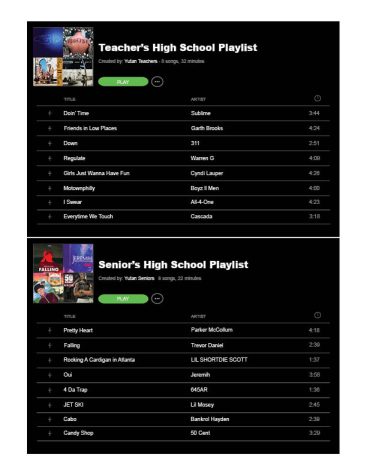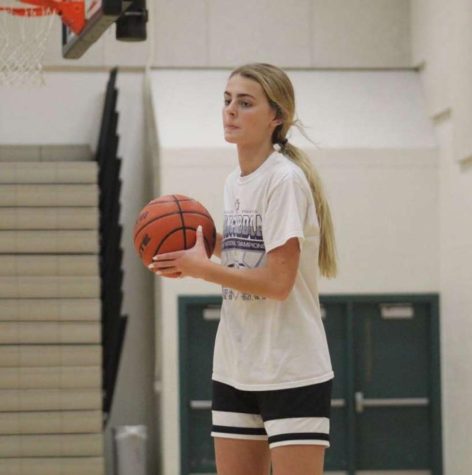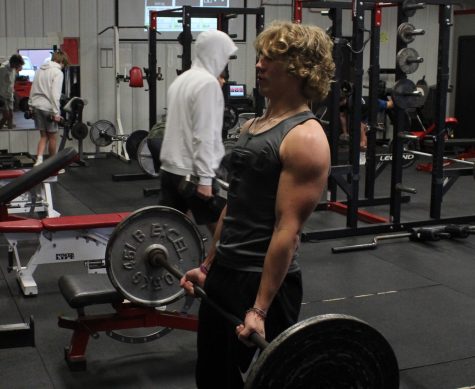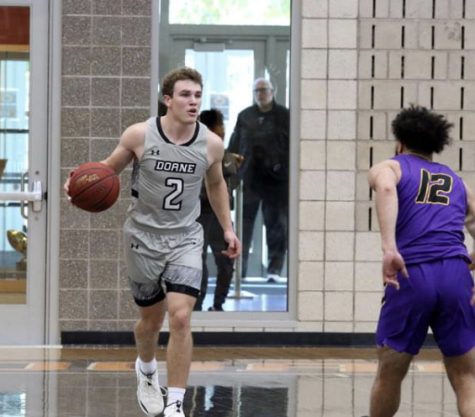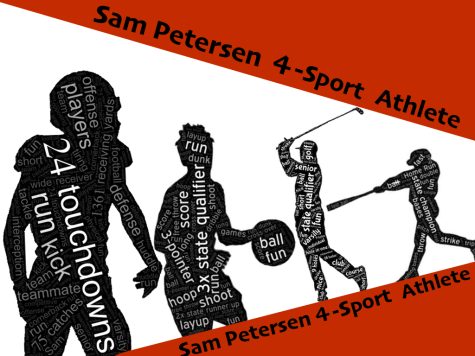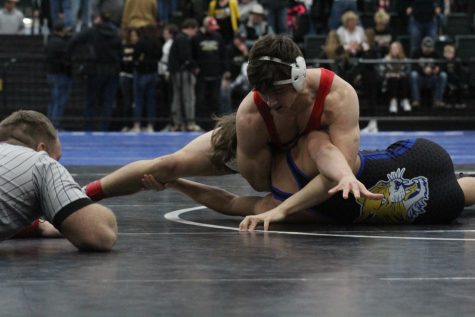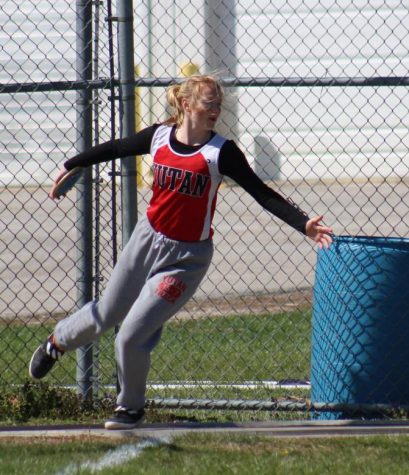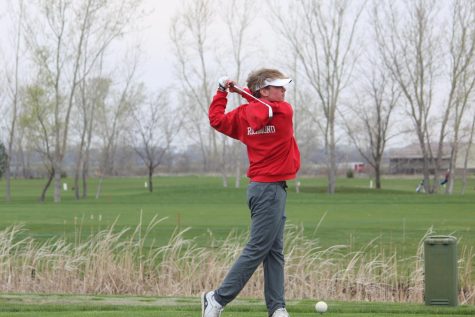Student Opinion: The struggles of being a student-athlete
From 8-3:30, students are in class. Then they have practice for the next three hours, not getting home until after 7:45. When they get home, they eat dinner and shower. Then they start their hours of homework, maybe getting to bed by 11. This is the life of most high school athletes. There are two parts to these athletes: the student part and the athlete part.
There are two parts to these athletes: the student part and the athlete part. As an athlete, the older they get, the more their sports mean to them, in most cases. When students are hitting their junior year, it’s time for them to start looking into colleges. This means extra pressure on the athletes because they need to perform in their school along with coaches coming to watch them. Athletes are expected to perform well in both to get into the colleges they want to attend.
Some athletes can spend over four hours a night on their sports. They practice with their school sport and then practice with their summer teams for a different sport. For example, during basketball season, I go to Yutan’s basketball practice after school and then drive to Omaha for a two-hour softball practice, all of which leads to little time left when I get home.
The older these students get, the harder the classes get. Growing up everyone feels like they need a head start in college. This means these students feel like they need to take all of the harder classes while in high school.
For me, I would like to play college softball and become a travel nurse. This means intense school, but I don’t know if I would be able to balance softball and the nursing program. So, in my case, I want to get all of my general education classes done in high school. For example, I am taking dual credit psychology this semester and sociology next semester because it would be required my freshman year.
Also, a majority of high school students, if you asked them, would love to take as many “sick” days or skip days as possible. For student-athletes, that’s not always the case. Some athletes won’t even stay home when they’re actually sick so that they aren’t missing out on their sport. On top of that, if they were to miss school, they’d miss out on their more difficult classes or college classes that take a long time to make up on their own.
After four games, a friend and I sat in our hotel room working on homework for an hour each night.
In my case, if I just missed my last three class periods to leave for a softball game, I would first be missing Journalism. This consists of writing a full story at night. Next, I would be missing Chemistry. Depending on the day this could mean notes, or I could miss a lab that will be on the next test. Finally, I would be missing Anatomy and Physiology. I may just be missing notes again, but I might also be missing an important dissection. For other student-athletes, along with myself, this means at least two hours of homework that night making up those classes.
For example, Yutan-Mead’s softball team made it to state this year and we played during three school days. The Mead students had to make up every single class period. Even though Yutan canceled school, many of us still had our advanced classes to do. After four games, a friend and I sat in our hotel room working on homework for an hour each night.
For other students, after their practices, they have to go to work. Working as a student-athlete is extremely difficult, but it can be done. This leaves even less time for homework and other responsibilities.
At the end of a long day of school and practice, I know the last thing I want to do is help around the house with the little free time I have. So, when I realize I need to do my laundry or my mom asks me to mow the lawn, I don’t always do it willingly. After all of the responsibilities these students have, this leaves no extra time.
After all of the responsibilities these students have, this leaves no extra time. There is also no good solution for all of this stress. Do we ask students to stop being involved? Do we ask teachers to stop giving homework? Do we ask our parents to not expect anything from us? The answer is no. None of these solutions are even remotely reasonable.
However, from personal experience, the best way to help with this is to become a good time manager. Balancing sports and athletics can be a lot, but with the right time management, it becomes a much simpler task.
Your donation will support the student journalists of Yutan High School. Your contribution will help cover our annual website hosting costs, as well as allow us to purchase equipment and produce more in-print editions.

Shaylynn is a senior and in her third year of journalism. She enjoys taking pictures and working on the yearbook. Outside journalism, Shaylynn is involved...

